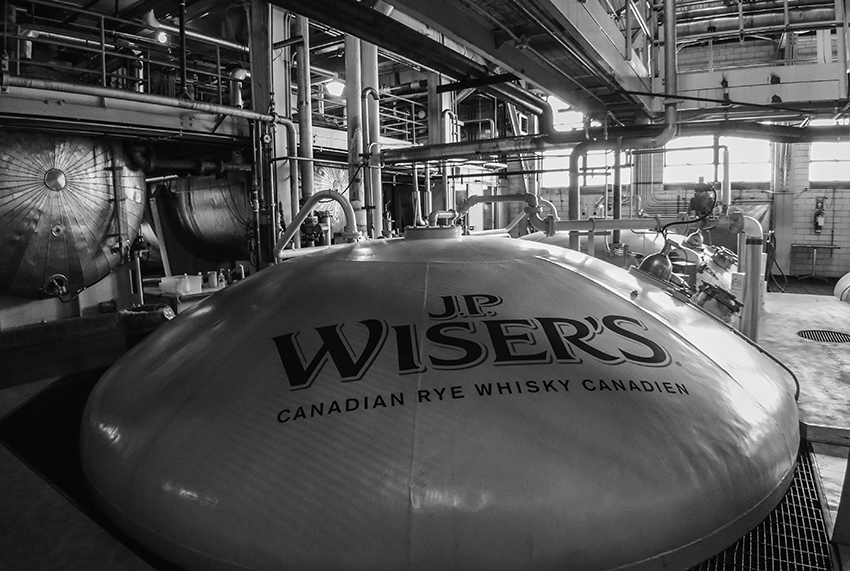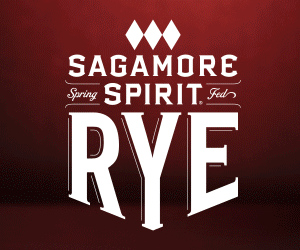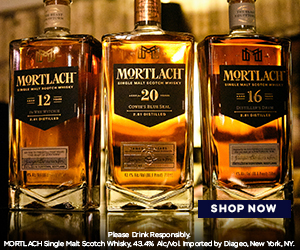Stories
Whisky is a passion to explore. From the history of the spirit to the evolution of the industry, the story of whisky helps fuel that passion. Often, it’s easy to forget that whisky is also a global multibillion dollar industry. The stories of whisky — from news and new releases to in-depth inquires and what goes on behind the label — blend together to help us appreciate the spirit of whisky.

If You Get Dill in a Rye, You’re in a Pickle!

April 29, 2018 – If you’ve ever thought of pickles when you’re nosing or tasting a rye whiskey, you’re not alone. Rye whiskies can often have a dill-like aroma or taste, and it’s often thought of as a characteristic of ryes. It’s created during the fermentation process because of bacteria that’s carried over from a previous fermenting run – either deliberately or because the fermenter wasn’t cleaned properly after the previous run. The bacteria creates lactic acid – the same chemical that builds up in your muscles as you exercise and leaves your body feeling fatigued. In a whisky, that lactic acid contributes to the dill-like aroma or flavor.
Why would a distiller deliberately add bacteria to a new fermenting run as it’s starting? That’s part of the “sour mash” method of making whisky, in which the distiller will save some of the fermented beer or “wash” before it goes into the still and add it to the next batch of wort to be fermented. The nearly-depleted yeast and bacteria in the “backset’ help kick-start fermentation into action in the next batch, helping to make it more efficient in creating alcohol.
However, not all whisky makers see dill as a desirable note in their rye whiskies. Dr . Don Livermore of Corby’s Hiram Walker Distillery explained it to us…
“Rye fermentations are very difficult to run; the fermenters are very difficult to clean. We take great care here to make sure everything is sterile – we want as clean fermentations as possible to make sure our whisky does not have that distinctive dill characteristic to it.”
Now, getting dill in a rye doesn’t necessarily mean it’s a fault. Dr. Livermore acknowledges that some people like that characteristic in their ryes, and there’s nothing wrong with that. After all, each one of us has our own individual preferences.








